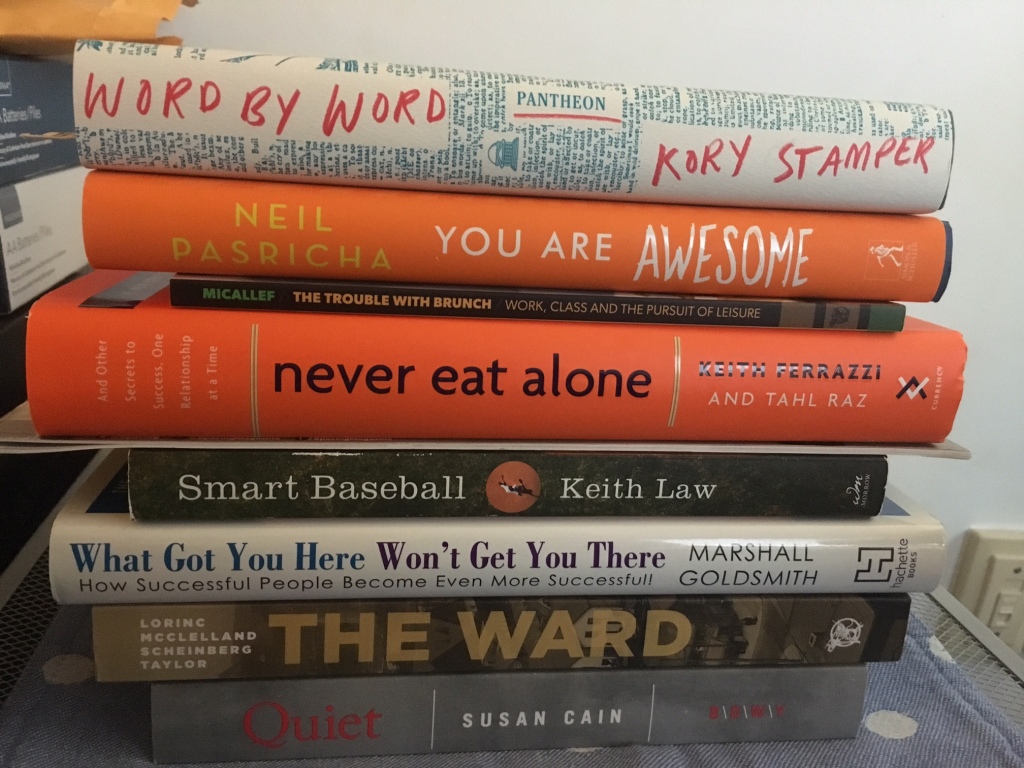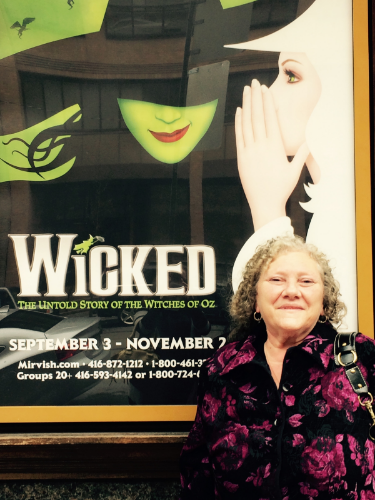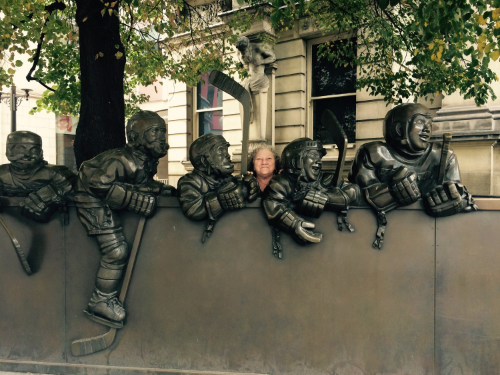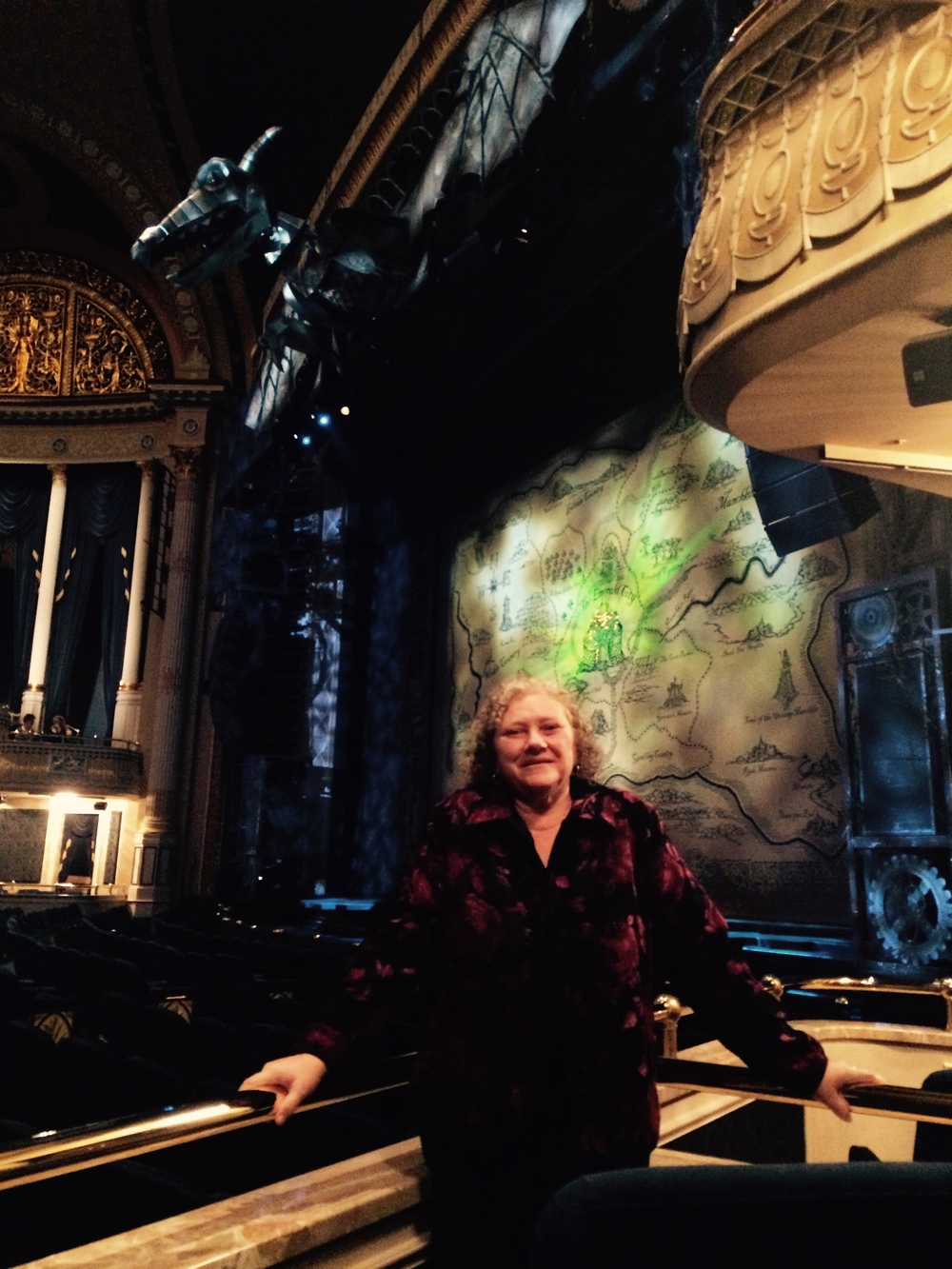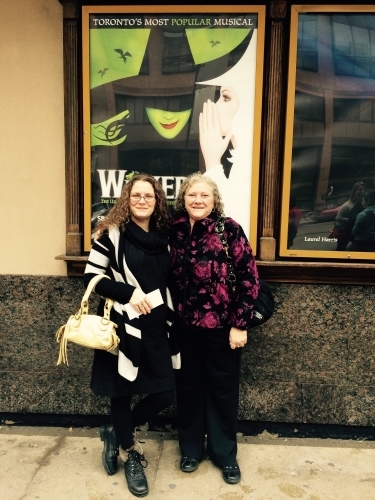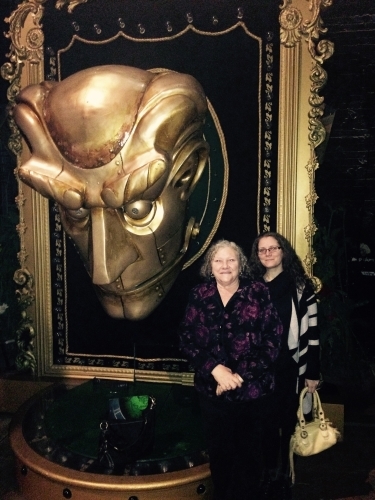
TL:DR? Thanks, Neil – I sometimes think so too, but I needed the reminder.
To reset the stage, I thought I’d forgotten how to read books, but it turned out I’d just stopped doing it. So, I’ve started again – one self-help/improvement book (for the head), followed by one that’s purely selected for my own interest (for the soul). I didn’t put a whole lot of thought to the first book that I picked up; I quite literally took the top one off the pile, which was Neil Pasricha’s You Are Awesome†.
Neil Pasricha is a Toronto-based author with whom you might be familiar. He’s a bit of a juggernaut, from his 1000 Awesome Things blog to the resulting book The Book of Awesome†. Seven books later, he’s a certified bestseller, sought-after speaker, blogger, and podcaster.
I’ve been a subscriber to Neil’s newsletter for a while now, which is great (and includes, coincidentally, monthly book recommendations). I don’t remember exactly how I found him originally, although I suspect he was probably a recommendation from the equally-fantastic Michael Bungay Stanier, whose work I’ve followed first at Box of Crayons and then at MBS.works for the past decade. I’d never read one of Neil’s books before, but it couldn’t have been a better starting point for this journey.
Why? First of all, the book’s subtitle is “How to Navigate Change, Wrestle with Failure, and Live an Intentional Life” (and if you think the Oxford comma wasn’t a selling point, then you don’t know me at all). Well, we’re in the middle of a global pandemic that’s thrown everything into chaos (navigate change – check), I’ve been out of work since October (wrestle with failure – check), and while I wasn’t sure what living an intentional life was supposed to mean, it sure sounded like a good idea.
Secondly, when I read self-improvement books, I like to take notes. Actually, I like to read the book through once, and then I’ll go back through it again to take notes – that way, I can occasionally revisit it and some of the things I wanted to take away from it without having to read the whole book all over again. And You Are Awesome could not have been more perfectly structured for note-taking. In fact, the chapter titles and the section headings practically wrote them for me.
Most importantly, it’s just a well-written book. It’s Neil telling stories to set up the points he’s trying to make. It’s conversational. It’s self-deprecating. It’s an effortless read, which was so helpful for the first kick at the can.
It reminded me about a lot of things I already knew, but it talked about them in ways that got me to think about them for the first time in a long while (and in different ways than I had before). And it’s not that it filled me with earth-shattering revelations, but it did stop me short a few times along the way. Even now, a month or so later, “Add a Dot-Dot-Dot” and “Lose More to Win More” are still ideas that are floating around in my head on a daily basis.
What do those mean? Well, I’m not going to read the book for you…
You Are Awesome by Neil Pasricha – a strong recommend, and it’s staying on my shelves.
† Affiliate link – As an Amazon Associate, I earn from qualifying purchases.

